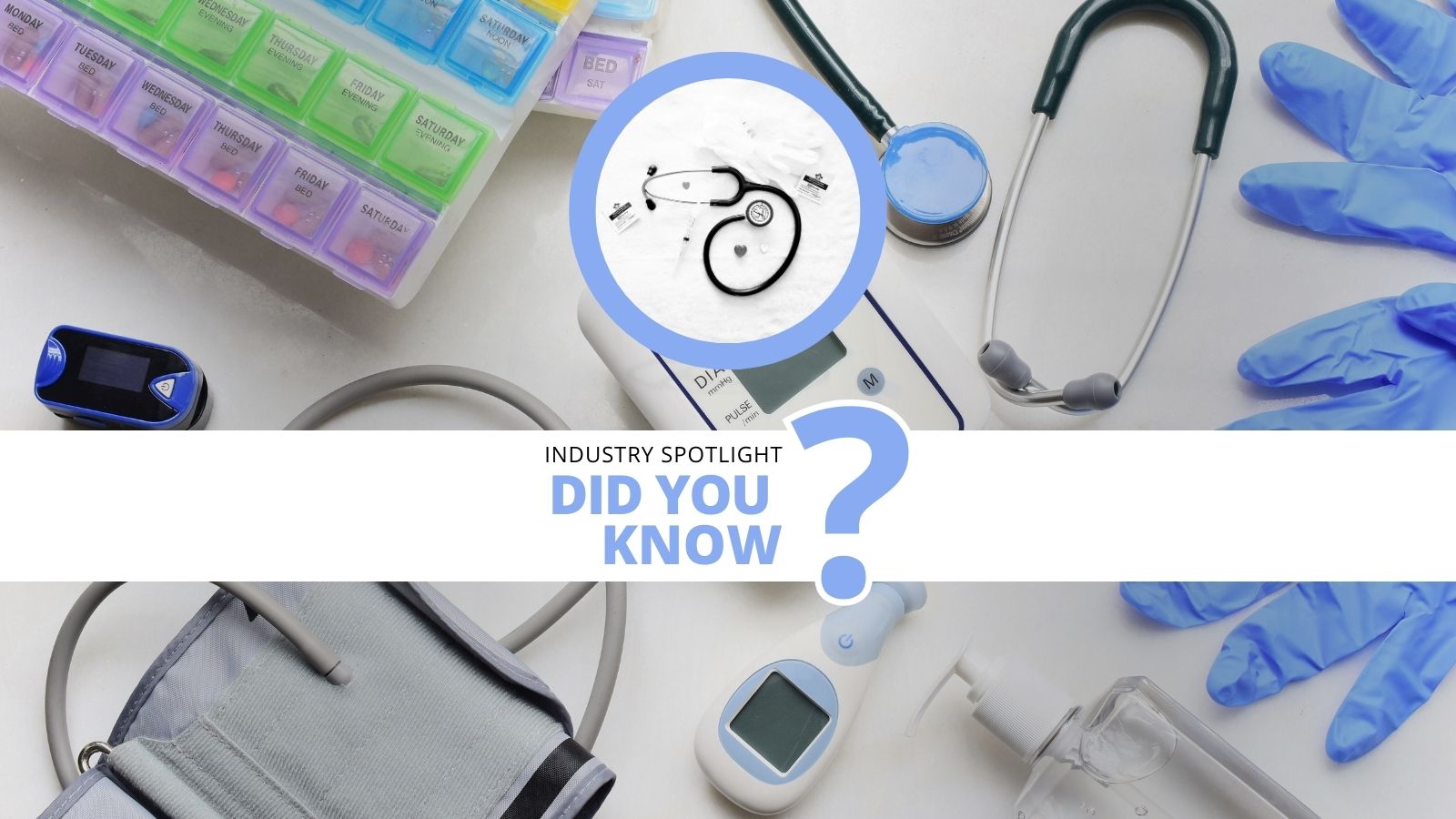FAIR Principles for Use: The Harmonisation and Standardisation of Data through FAIRification

Our June 2022 discussion group bought together a group of researchers and industry figures to discuss FAIR data analytics, harmonisation and standardisation. Leading the session was Cindy Novak. Cindy has worked in the biotech and pharmaceutical industries for over 20 years. During her career, Cindy has participated in numerous LIMS projects ranging from subject matter expert to technical specialist and participating in various projects for Empower, OpenLab, ELNs and lab instruments. She has worked at multiple companies as they navigate through the M&A process, both as the acquiring company and the acquired company.
Cindy is a Lab Operations and Systems Manager at Bristol Myers Squibb. She has previously worked to deploy an integrated Laboratory Systems Solution for a new manufacturing facility in Ireland, supporting the legacy Baxalta and Shire lab systems and moving toward a unified Lab Systems solution.
Novak opened the group by making the point that “one of the interesting things about FAIR principles is that, like any of these sets of tenets, is that you can’t get much value from any of them individually. You really need to attempt to observe all of them. You only need to have certain bits missing for the rest of them to fail and flounder.”
Challenge of Interoperability in FAIR Principles
As the aim is to speed up discovery and uncover new insights, research data should be easily combined with other datasets, applications and workflows by humans and computer systems. Under FAIR principles, this means that data should exist in file formats that are not dependent on proprietary or obsolete software. Unfortunately, this is still a persistent problem for pharmaceutical companies. One attendee noted that they “still feel like data interoperability is very poor. Certainly, in the area that I work in. It feels like the main area where we’re still struggling.”
Novak agreed with this statement, adding, “It’s interesting that you mentioned that because when you look at allotrope, Pistoia, Alliance, BSN, all these organisations, that’s exactly what they’re trying to focus on. We’re still working on defining these ontologies – let’s get tools, let’s give us ways to improve on interoperability, but at the same time, we’re just starting to scratch the surface. We haven’t made much headway yet when it comes to that.”
Standardisation and Monetary Barriers
Another common challenge is the need to standardise vast quantities of data so that it can be interpreted by machines. One attendee explained that “solution providers offer many tools that will facilitate certain work for you. The problem is you will always hit data that’s not standardised. You still need to integrate this data, which means you still need to make sure it is standardised. This leaves you with the fact you need resources – you need money, you need commitment and support. When that’s the case, the question decision makers will always focus on is what will they get out of it.”
- Robotic Healthcare Assistants Designed to Operate in Outer Space
- FAIR Metadata Data Principles and Management
- The Importance of Democratic Data Access in Improving Patient Outcomes
The participants acknowledged FAIRification to be expensive and time-consuming, particularly when attempting to bring retroactive data up to new standards. Convincing stakeholders and leaders of the benefits of FAIR principles can be difficult if there is no clear, immediate use case.
Culture Shifts and the Future of FAIR
The need for a cooridinated approach to FAIRification has led to calls for a cultural shift in the pharmaceutical industry. Our attendees argued that there is a need to raise awareness of the potential value of FAIR data, particularly of value of reuse, as well as how good quality data can be a valuable asset. The key issue is that data needs to be valued completing current objectives and as a valuable resource that can be used in the future.
Novak notes that “a lot of us have been having this conversation for 15-20 years. We can have these great conversations, and we understand it, and you get the group of scientists that understand it. But until it’s widespread, and our leadership at these companies understands that it takes time, it takes money, it takes a dedicated investment to make this successful, we’re going to keep having these conversations.
“It’s going to be frustrating because we all want to make this happen,” she continued. “We all want FAIR data concepts to be more than just a conversation piece. We want it to be the way we operate in the future. And I think that’s the biggest challenge – making it okay to have the conversation with your leadership so that we can move forward.”
Final Thoughts and Conclusions
All attendees of the discussion highlighted the need to increase the awareness of the potential value of FAIR data and FAIR princples, as both a future resource and as a means of heightening experimental efficiency in future preclinical and clinical trials. The biggest focus for those in the industry moving forward should be to emphasise the importance of proactive adaptability in implementing FAIR data frameworks, and to underscore how making the investment now will pay dividends in years to come.
At Oxford Global, we could not be more pleased with the turnout and feedback from this discussion. This meeting provided the perfect setting for exchanging ideas, sharing innovations, and discussing the ever-evolving digital therapeutics landscape. If you would like to join one of our future groups, please take a look at our upcoming events page.
Want to read more about some of the space-age advances currently being pioneered in pharmaceuticals? Head over to our PharmaTec portal for the latest insights from the industry’s best and brightest. If you’d like to register your interest in our upcoming Pharma Data UK: In-Person conference, visit our event website.





.png)

